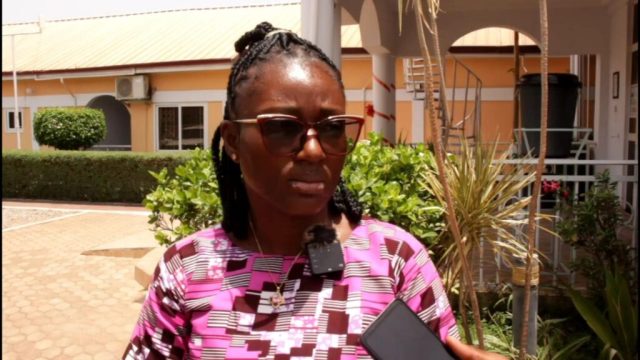Eight pre-tertiary schools in Ghana’s Upper West Region have been selected for a two-year academic enhancement initiative aimed at bolstering learning outcomes for over 2,500 students.
The Supplemental Education Intervention (SEI) Program, launched on April 15, 2025, targets schools in the Sissala area, including Kanton, Hilia Liman, Funsi, Tumu, Lambussie Community, Holy Family, Piina, and Dafiama Senior High Schools. The initiative is spearheaded by Keillo Community Education Economic Development (KCEED) in partnership with the Rotary Club of Wa, its U.S.-based counterpart from Johnson City, and the Ghana Education Service (GES).
Executive Secretary of KCEED, Rita Basaaking, emphasized the program’s focus on bridging educational disparities. “Education is a fundamental human and economic right, yet many remain deprived of its transformative power,” she stated. “By investing in education, we invest in a brighter future for individuals, families, and communities.” The initiative aims to equip students for tertiary education and vocational opportunities while supporting teachers with training and resources to improve West Africa Senior School Certificate Examination (WASSCE) performance.
Rotary Club of Wa President Zakaria Al-hassan Balure outlined plans to provide teacher workshops, school supplies, and exam materials. “Our collaboration ensures these schools gain access to critical resources,” he said, acknowledging the region’s historical academic challenges. The Upper West Region has long struggled with educational outcomes, with 13 of its 31 senior high schools identified as underperforming by the GES. Regional Education Director Abdul Razak Korah noted that six of the eight SEI beneficiary schools are among these priority institutions. “Targeted support is vital to reversing this trend,” he added.
Jonathan Kwofie, incoming Rotary Club of Wa president, reiterated the organization’s commitment to nonpartisan humanitarian efforts. “Our role is to mobilize resources and expertise for communities in need,” he said.
The initiative arrives as Ghana intensifies efforts to address regional educational gaps. While the Upper West Region faces infrastructure and resource limitations, partnerships like the SEI Program highlight the growing emphasis on localized solutions and cross-sector collaboration. By focusing on teacher capacity and student preparedness, stakeholders aim to create a replicable framework for similar challenges nationwide. Success, however, hinges on sustained investment and community engagement a reality underscored by Basaaking’s acknowledgment that doubling WASSCE pass rates “will not be easy” but remains achievable through collective action.
Send your news stories to newsghana101@gmail.com
Follow News Ghana on Google News












